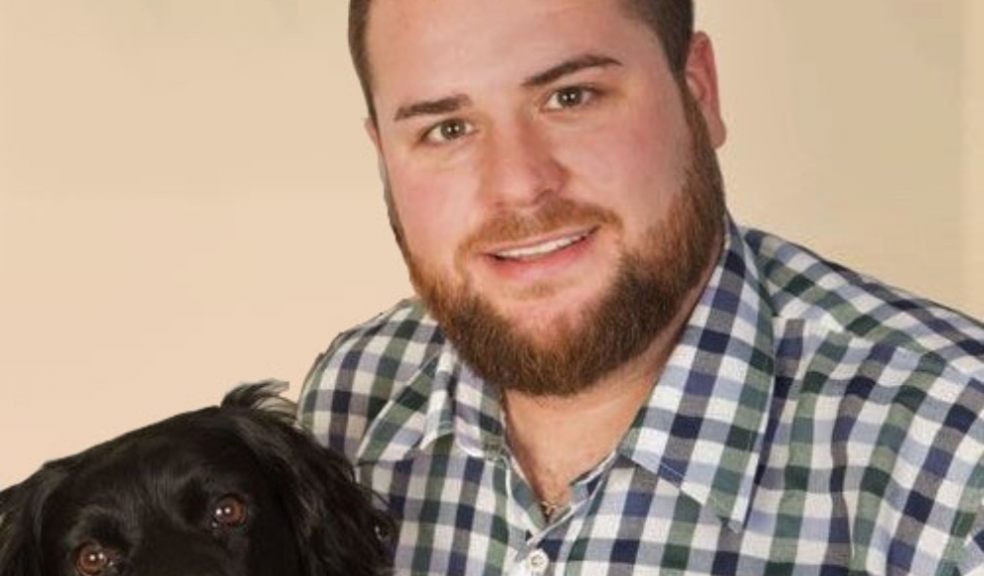
Potentially lethal virus eliminated at HMP Exeter
HMP Exeter has become one of the first prisons in England to have eliminated a potentially fatal virus from its population in time for World Hepatitis Day on Wednesday (28 July).
Working together with the Hepatitis C Trust and Gilead Sciences, Practice Plus Group’s clinical team – who run healthcare in the prison – have carried out targeted testing.
Of the men in the prison, over 95 per cent have been tested in the last year, meeting the target set by the partnership, who devised the programme to eliminate hepatitis C (HCV) by 2025 in all 47 prisons currently served by Practice Plus Group medical teams.
The effort has seen the prison meet the stringent NHS England criteria for an environment to be acknowledged as reaching a micro-elimination status.
Regional blood-borne delivery nurse manager for the West of England Arran Ludlow-Rhodes said: “This was an exceptional achievement and one that will be recognised by NHSE granting micro-elimination status to the prison.
“The prison director, prison officers and medical staff, together with the health champions and the Hepatitis C Trust peer volunteers, did an incredible job of explaining the benefits of taking part and the dangers of leaving the condition untreated, which can include irreversible liver damage.”
The UK has approximately 84,000 prisoners. HCV affects as many as one in 20 people in male prisons, according to Public Health England data, and an even higher proportion in female prisons. While also eliminating the virus, this programme seeks to set best practice and pathways for the benefit of prisoners everywhere.
Arran said: “Prisons offer a unique opportunity for people to engage. The environment is relatively stable and residents have access to healthcare screening, treatment, support and harm prevention education, including information on how the virus is transmitted. This significant window is enhanced by the access and support provided by the invaluable Hepatitis C Trust peers who operate within the prisons.
“By testing, educating and treating we not only help patients, but we also help to protect those communities that our patients return to at the end of their sentences from what is a harmful virus.”

















